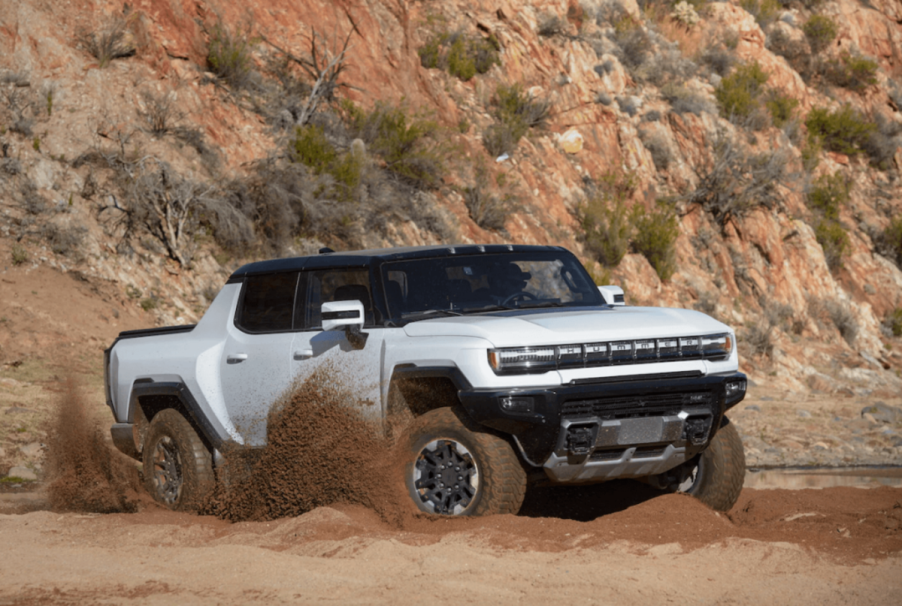
Study Shows EVs Might Kill Car Brand Loyalty
It is not uncommon to meet someone who “only buys Fords.” While brand preferences vary from person to person, car brand loyalty is a real thing that controls how many automotive shoppers operate. However, a new study shows that the EV market might eventually break brand loyalty, at least for a while. Given the newness of the market, more customers than normal are open to buying an electric car from any brand.

Does brand loyalty count with electric cars?
Edmunds conducted the 2023 EV sentiment survey, which showed that 85 % of EV shoppers said that they were open to buying an electric car from a brand they don’t currently or never have owned. This is a bit of a sudden shift considering that 51% of new car buyers stuck with the same brand in Q1 of 2023. At the same time, 63% of new EV buyers bought from a new brand. There is a trend emerging that shows EV buyers don’t care about brand loyalty as much as ICE car shoppers.
What does this lack of loyalty mean for car brands?
“Traditionally, automakers count on consumer loyalty to carry their sales rates, but consumer interest in EVs combined with the limited number of options in the market is spurring shoppers to consider taking the wheel of brands they’ve never driven,” said Jessica Caldwell, Executive Director of Insights over at Edmunds. “EVs are throwing a monkey wrench into the loyalty patterns that automakers have grown accustomed to, and it will be fascinating to watch if the growing number of EV models from mainstream brands will shift consumers back fully toward their loyalty tendencies or if brand allegiances are a thing of the past.”
It is likely no surprise that another major bit of data recovered from the Edmund’s survey is that luxury buyers are more likely to shop for an EV than non-luxury buyers. These luxury buyers are also commonly overlapping with younger buyers for EVs. None of this comes as a surprise that the younger, more well-heeled among us want the newest tech in a pricier package.
However, there is still another factor that makes the younger, more luxury-oriented buyers choose EVs, and the non-luxury, older buyers stick with the ICE cars. Caldwell says, “There’s also a significant educational gap that the industry will need to collectively bridge to better inform consumers of the realities of the current market, particularly around availability, pricing, and range. Shoppers considering making an EV purchase in the near future might be a bit blindsided if they don’t take the time to do their research.”
The car market is changing quickly

This study, while new and unfamiliar to the old ways, does make sense. EVs are new, pricey, complicated, and even intimidating, as are most spearpoints proceeding a paradigm shift. EVs are still relatively new, and the industry is only just beginning to blossom into a diverse marketplace. It stands to reason that people might want to open up to all the new shiny options instead of sticking with the same old deal.
There are also supply and inventory hurdles to navigate. Some buyers may want to stick with a Chevrolet product but need a truck sooner than the wait might be to get a new Chevy Silverado EV. So they go for a Rivian R1T, or even a Ford F-150 – if you can imagine such a thing.
The point is the marketplace is new and weird. The reality of that newness and weirdness is seen in the way we interact with cars and vehicle ownership is changing at a break-neck pace. Brand loyalty, while traditional, may no longer be a relevant way to buy a new car.



